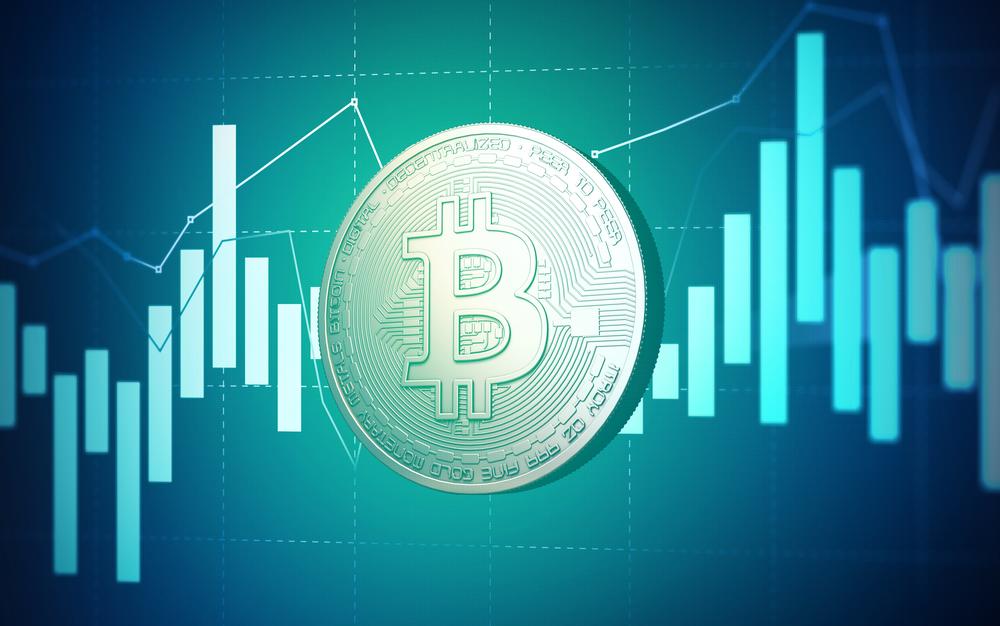- The rumours of a possible closure of the Binance Office in Shanghai could have caused the Bitcoin price to plummet to USD 7,000.
- However, Binance immediately denied these rumors and made it clear that Binance does not have a local office in the city.
- Reports are also circulating that the Central Bank of China wants to take a closer look at cryptocurrency exchanges trading in China and possibly suspend them.
Yesterday some news pages reported that the Binance office in Shanghai was raided by a police raid. In addition, 50 to 100 employees were sent home. The CEO of the stock exchange, Changpeng Zhao, however, immediately made it clear on Twitter that an investigation by the police never took place:
You can argue about the semantics of an office, who leased it, for how long, if it is empty, etc. But you can’t argue about the semantics of a “police raid” that did NOT happen. Without the fake “police raid”, there is no article. Pure FUD!
Furthermore, Zhao describes that there is no local office in Shanghai, but that all employees work from home and are scattered all over the world. He sees in these headlines a chance that the market will be cleansed of fraudsters who actually disseminate false information in order to specifically harm companies.
Are there cryptocurrency exchanges that trade illegally in China?
China has completely banned Bitcoin and other cryptocurrencies from trading in its own country. Since then, the government has vehemently opposed a loosening of the laws. According to a report by the Chinese news agency “Sohu”, a targeted investigation has taken place in the Shenzhen area to identify stock exchanges that trade illegally in China.
According to the article, the Chinese central bank, the People’s Bank of China (PBoC), the Economic Investigation Bureau of the Municipal Public Security Bureau and the Municipal Communications Administration were involved. The results of this investigation are said to have found a total of 39 “illegal” exchanges.
So far, however, it is not known what direct consequences or further effects the investigation results will have for the respective exchanges. The search focused on the following key points:
- The provision of virtual trading services or the opening of virtual currency trading venues in China
- The provision of service channels for virtual currency trading places abroad
- Sale of tokens and procurement of funds or virtual currencies for investors, such as Bitcoin and Ethereum
A lot of hype about nothing?
The news situation in China is still confusing and many media attach too much importance to the supposed events that took place. As we have already reported, China continues to follow the approach that the adaptation of blockchain technology offers great potential for its own country. So far, the government has shown less interest in other cryptocurrencies.
However, this is not to be seen as negative, since the cryptocurrency market has been able to achieve strong growth and progress in recent months and years, even without China. Starting in 2009, China has filed nearly 7,600 blockchain-related patent applications to date, reports the Tokyo-based research company Astamuse.
This means that the Chinese filed about three times as many applications as the Americans and are responsible for 60% of the applications filed in the USA, China, Japan, South Korea and Germany. These figures clearly show that China is continuing to make strong progress in the Blockchain and Fintech sector.
Bitcoin’s price has fallen by more than 9% in the last 24 hours to USD 7,136, a new low last seen in June. It remains to be seen what further news from China will follow and whether it will have a direct impact on Bitcoin.
Follow us on Facebook and Twitter and don’t miss any hot news anymore! Do you like our price indices?
Recommended for you:
- Buy Bitcoin Guide
- Bitcoin Wallet Tutorial
- Check 24-hour Bitcoin Price
- More Bitcoin News
- What is Bitcoin?
Subscribe to our daily newsletter!
No spam, no lies, only insights. You can unsubscribe at any time.




